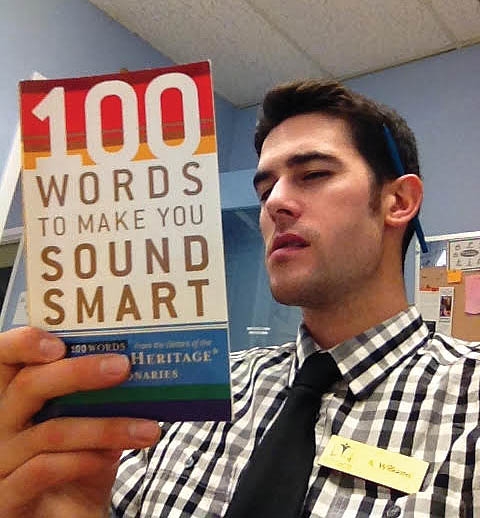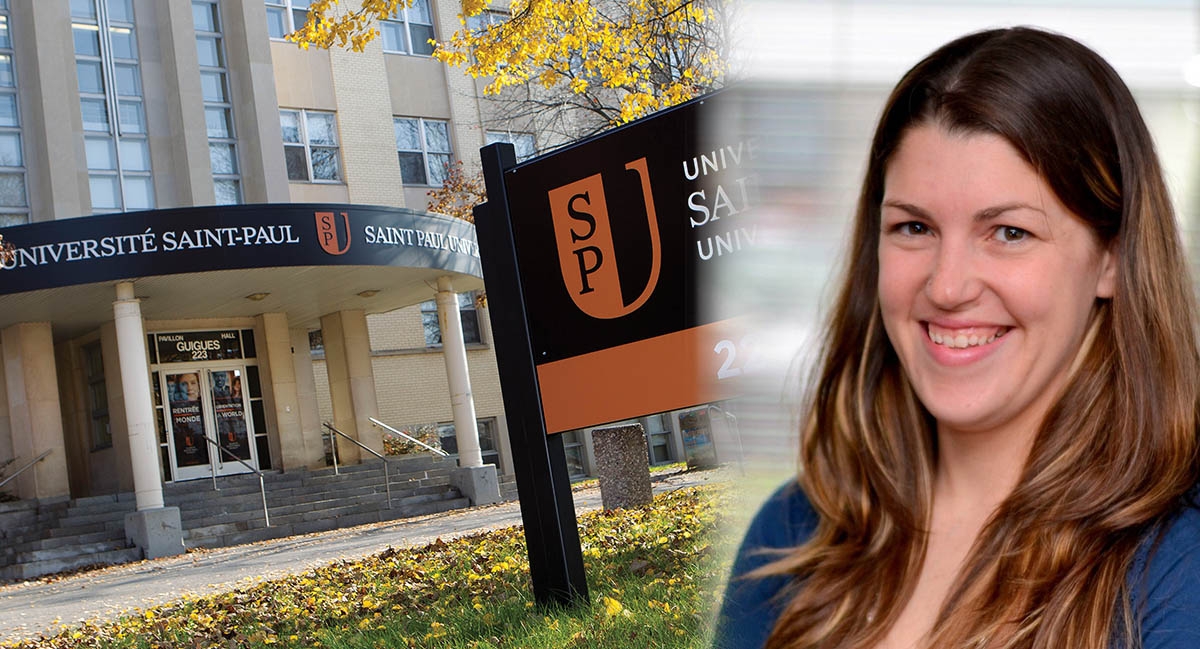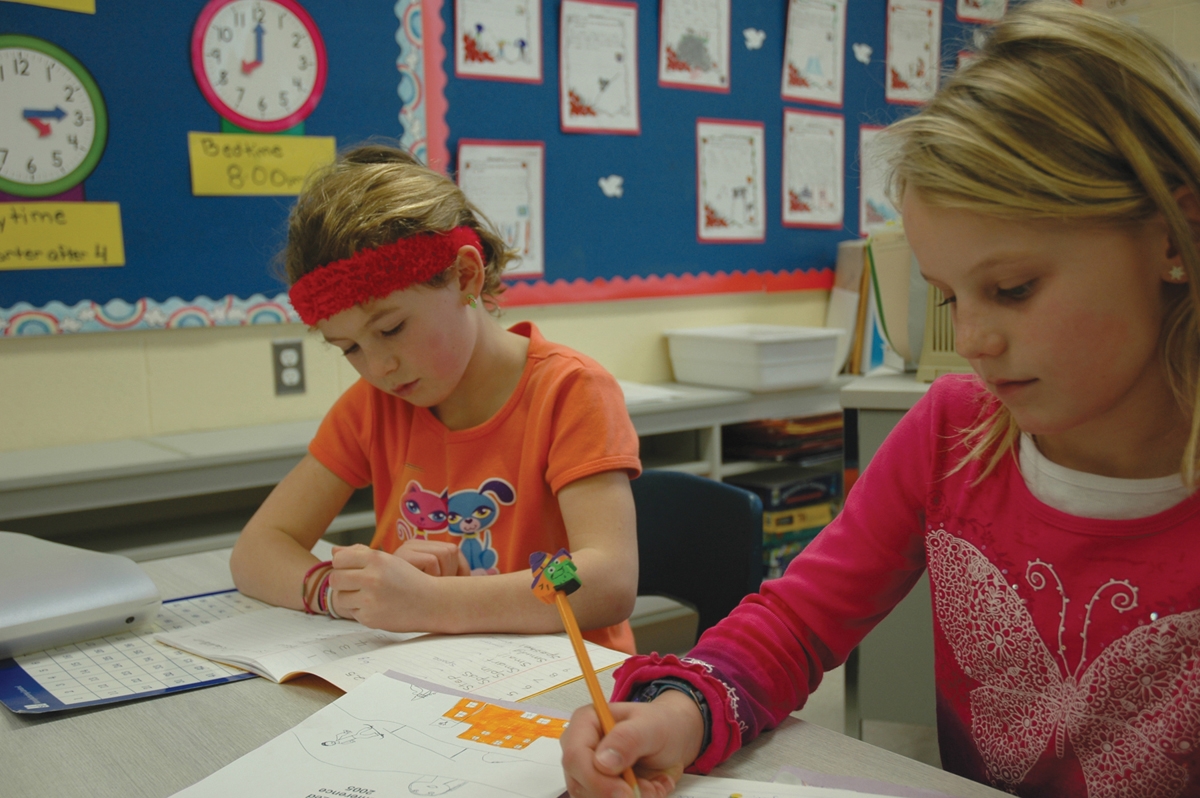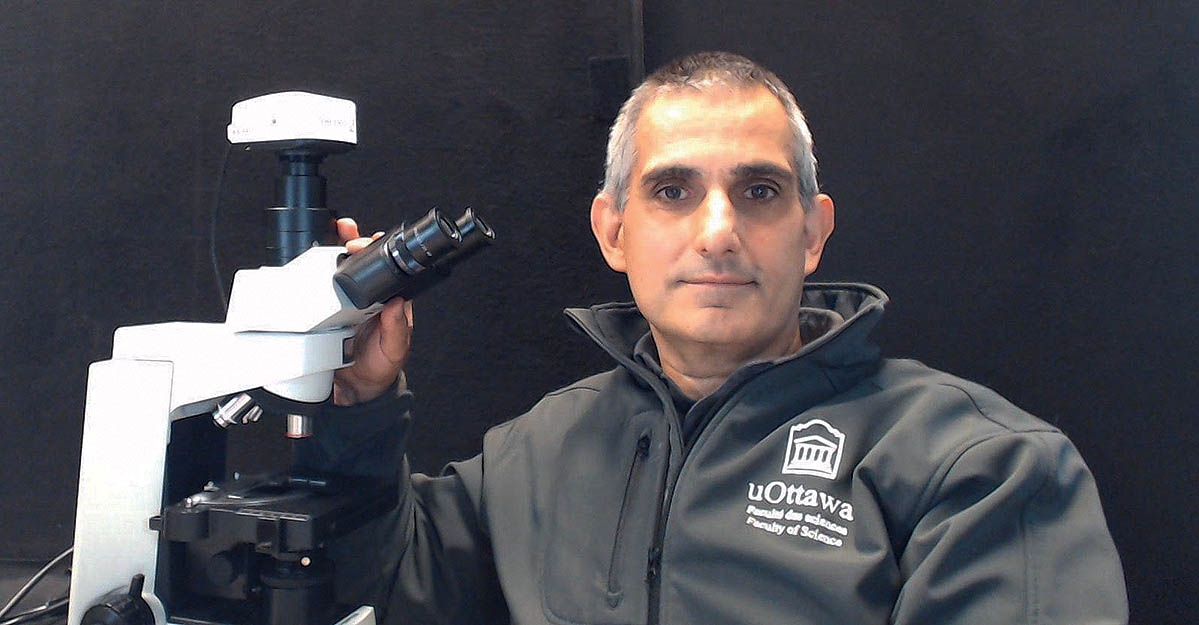
Making a difference in special ed: Andrew Williams
Photo: iStock
High school can be a difficult place for many students, but rarely is it harder than it is for students with disabilities. Support for students handling anything from learning disabilities to severe autism falls in the realm of special education—a position in which Andrew Williams, a special education teacher in Ottawa, finds incredible potential and meaning.
Through years of experience in different special education programs, Williams understands the importance of and is passionate about helping high school students struggling with different disabilities to grow and learn.
“In special education, you’re working on people,” Williams explains. “You’re helping them with skills that they need to be more independent or to achieve their dreams and goals.” He teaches the skills that students need to achieve and succeed in life, not necessarily in university. “I don’t really care that much about how to calculate slope. It’s very important,” he says, “but not…in my wheelhouse.”
In the wheelhouse of special education, life takes precedence over geometry. Currently, Williams works full time in a program for students with severe autism. His experience in life drew him towards special education both through experience with disability and a desire to make a difference in the lives of students.

ABOVE: Andrew Williams is a special education teacher in Ottawa.
Williams did not, however, originally envision a career in special education— or in education at all. He began his university degree in an outdoor recreation program but, when his courses in fourth year incorporated a strong educational component, he recognized a different career path for himself. “I enjoy learning, and I always enjoyed telling people about stuff. I chose to go into teaching after that,” he explains.
His interest in special education specifically, though, has deeper roots. “I’ve always had passion for special education—my cousin has cerebral palsy. So as a young kid, having a member of the family with special needs around you was just normal.”
Then, during his last year of his teaching degree in graduate school, Williams was diagnosed with his own learning disability. “I would have failed out had I not had a professor who identified it,” he says. “He saw that I was struggling.” After getting tested and receiving the support he needed, Williams graduated and became a teacher. He calls it, even now, a “profound experience.”
After receiving necessary support himself, he recognizes how students facing different levels of disability, from a difficult-to-diagnose learning disability like his own to severe autism, require different supports to succeed, and finds great purpose in helping provide that support.
“For me it’s an important, purposeful, meaningful place in education that is worthy of trying to work hard and make a difference,” Williams says. “Particularly in special ed where they’re often marginalized or ostracized, building up their confidence and showing them that they do have an area of speciality or that they are very smart is vital.”
The drive to make a difference and do meaningful work stems from William’s experiences in life. “There’s a lot of things that come together,” he explains. “But my brother died when I was in high school, and I think that that sort of put into perspective how you want to spend your time” he says. “You want to spend it in a quality way— because it’s short.”
Teaching in special education carries enormous potential to make a meaningful difference in the lives of students. “[It is] to try to take someone from wherever they are to some place better—where they know more or are more capable and are in a better position to achieve what they want,” Williams says. “What matters is that someone is learning something of value that will help get them where they want to go.”









